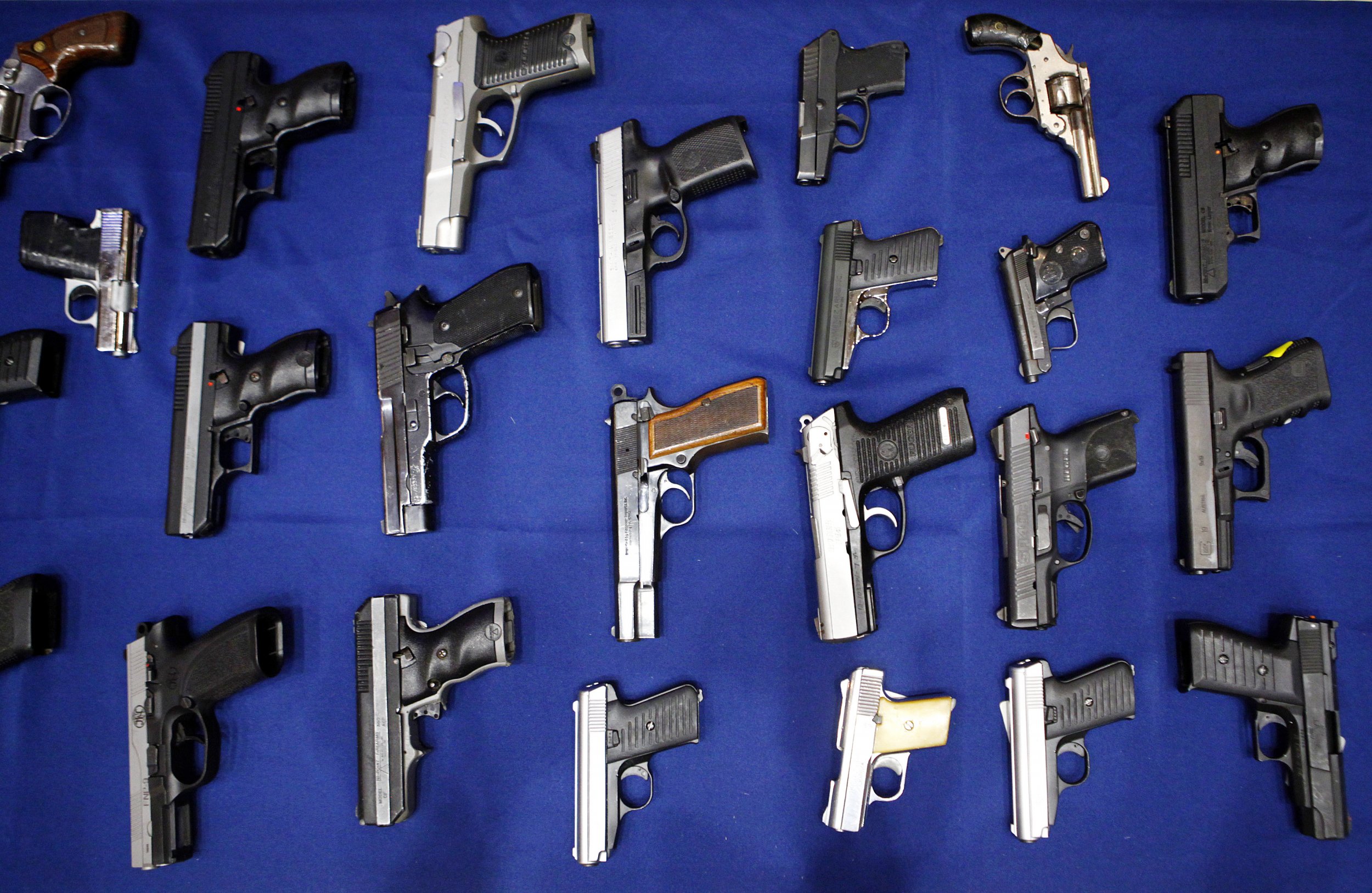
While the National Rifle Association (NRA) has long insisted that allowing Americans to carry guns make communities safer, an analysis of nearly 40 years' worth of data has found that is not necessarily true.
Related: Lawmakers would be able to carry concealed guns under new bill
A Stanford Law School professor, John Donohue, and his team analyzed crime data from 1977 to 2014 and didn't find evidence that areas where more Americans carry guns enjoy enhanced public safety or less crime. On the contrary, the researchers discovered that states that have enacted so-called right-to-carry (RTC) concealed handgun laws have experienced higher rates of violent crime than states that did not adopt those laws.
All U.S. states and Washington, D.C., allow concealed carry in some form, and nearly every state has some restrictions on where its residents can carry the weapons. Donohue analyzed the 33 states that enacted RTC laws during his data period.
The team estimates that the adoption of RTC laws substantially elevates violent crime rates (excluding murder rates), but seems to have no impact on property crime. States that adopted RTC laws have experienced an average 13 percent to 15 percent increase in violent crime in the 10 years after enacting those laws, the researchers wrote in a working paper published on June 21 by the National Bureau of Economic Research.
"There is not even the slightest hint in the data that RTC laws reduce overall violent crime," Donohue said.
The theory that more guns equal less crime is one of the most deeply seeded and prominent in the gun-rights movement. Perhaps the most well-known recent example of that idea came from Wayne LaPierre, executive director of the National Rifle Association, in the wake of the December 2012 mass shooting at Sandy Hook Elementary School in Newtown, Connecticut. In a speech, he called for more guns in all school across the country, and said laws won't stop mass shootings and terrorism.
The NRA was not able to offer Newsweek a comment by press time. (This article will be updated if it does.)
Donohue's paper revisits a 2004 study published by the National Research Council on Firearms and Violence that did not reach a definitive conclusion about the effect of "shall issue" laws on violent crime, saying there was insufficient data. Other studies conducted since 1994 have undermined the gun-rights movement theory, which The Trace reports was first posited by economist John Lott in a 1998 book, More Guns, Less Crime. The site calls the new report the most comprehensive and assertive debunking of the theory.
"All this work is based on statistical models," Donohue said. "When the models all generate similar estimates, it increases your confidence that you have captured the true effect."
Donohue's paper has been included in court filings in federal district court in a case involving the NRA and California, according to Stanford. The gun group is suing the state over its gun laws, which are some of the strictest in the U.S. For six years since 2010, the Law Center to Prevent Gun Violence has ranked it No. 1 for strongest firearms legislation in the country.
Uncommon Knowledge
Newsweek is committed to challenging conventional wisdom and finding connections in the search for common ground.
Newsweek is committed to challenging conventional wisdom and finding connections in the search for common ground.
About the writer
Michele Gorman is a Newsweek political reporter, with a focus on gun policy. She previously worked at msnbc.com, where she ... Read more
To read how Newsweek uses AI as a newsroom tool, Click here.








